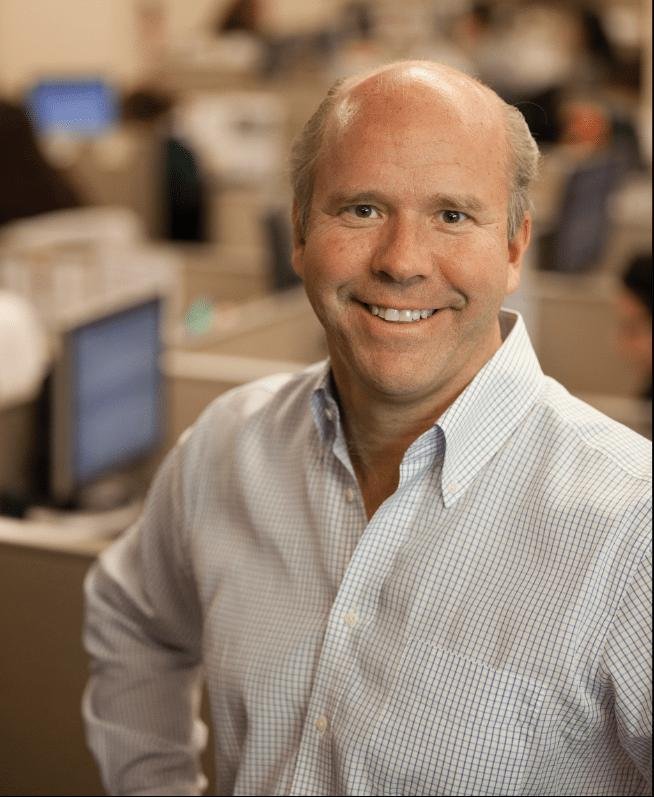John Delaney, who announced his 2020 run for president in 2017, touts his ability to bring people together in divided times. Photo courtesy of John Delaney
Feb. 14 (UPI) -- The first Democrat to announce his 2020 bid for the presidency -- back in July 2017, former Maryland congressman John Delaney touts his record of bipartisanship as key to unifying a divided nation.
"The central question facing this country more than any particular piece of policy is how do we take this terribly divided nation ... where our political leaders walk around and act like half the country is entirely wrong about everything they believe, and how do we turn the page on that?," Delaney said Tuesday at the Politics and Eggs forum in New Hampshire. "And how do we restore a sense of common purpose and unity?"
Earlier this year, Delaney pledged to only pursue policy that is bipartisan in the first 100 days if he is elected president in 2020.
"What the American people are really looking for is a leader to try to bring us together," Delaney told George Stephanopoulos on This Week on Jan. 13. "Focus on where we have common ground. Talk about big things for our future and really do things differently."
Some examples of issues both parties agree on: building infrastructure, comprehensive immigration reform and fixing the criminal justice system.
That might mean putting other Democratic priorities, such as Medicare for all, a $15-an-hour minimum wage, and the Green New Deal for carbon emissions, on the back burner initially.
To "prove to the American people that we can actually start solving problems and getting things done, then you start talking about some of the big things we need to do to build a better future," such as universal healthcare.
He also talked about a carbon tax to address climate change.
Background
Delaney, a Democrat, represented Maryland's 6th congressional district from 2012 to 2018.
He favors abortion rights, supporting public abortion funding and churches providing birth control.
Delaney also supported civil rights, reauthorizing the Violence Against Women Act, which outlaws discrimination based on sexual orientation in public schools and wage discrimination based on gender.
The National Association of Police Organizations gave him a 92 percent rating for being tough on crime and police issues.
On tax reform, he has opposed eliminating the inheritance tax and supported an income tax increase.
On immigration, he supported the DREAM Act's conditional path to citizenship for young people who completed a college degree or two years of military service and opposes the Trump administration policy of forcing asylum seekers to leave the United States to apply for citizenship.
Delaney said Tuesday he would support spending $3 billion to $5 billion to enhance border security, but he would let experts in the field determine how the funds should be allocated -- whether to technology and support personnel or the wall that President Donald Trump has demanded.
Delaney grew up in a blue-collar family in a union household in New Jersey. Neither of his parents attended college, but he attended Columbia University with the financial support of a scholarship from the International Brotherhood of Electrical Workers. Former there, he went to Georgetown Law School and became an attorney.
He met his wife in law school. They have four daughters, ranging from age 26 to 11.
Delaney is an entrepreneur who co-founded two public companies. He served as the youngest CEO on the New York Stock Exchange, accumulating a fortune of more than $200 million, according to the Center for Responsive Politics.
Delaney also founded Blueprint Maryland, a nonprofit organization focused on creating jobs.
Since Delaney declared his candidacy for president in July 2017, he has made 21 trips to Iowa and 12 trips to New Hampshire. He did not seek re-election to Congress in 2018.















